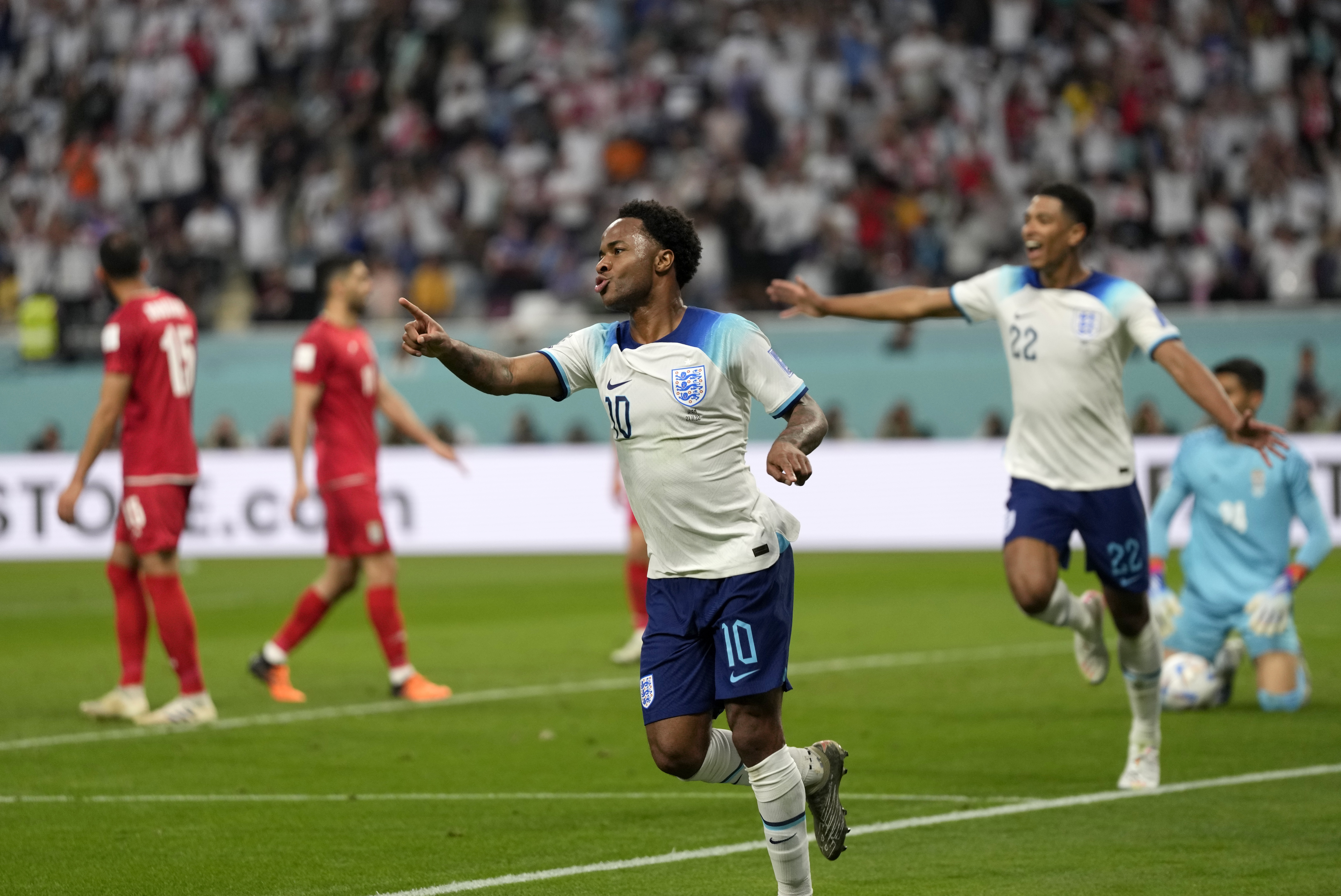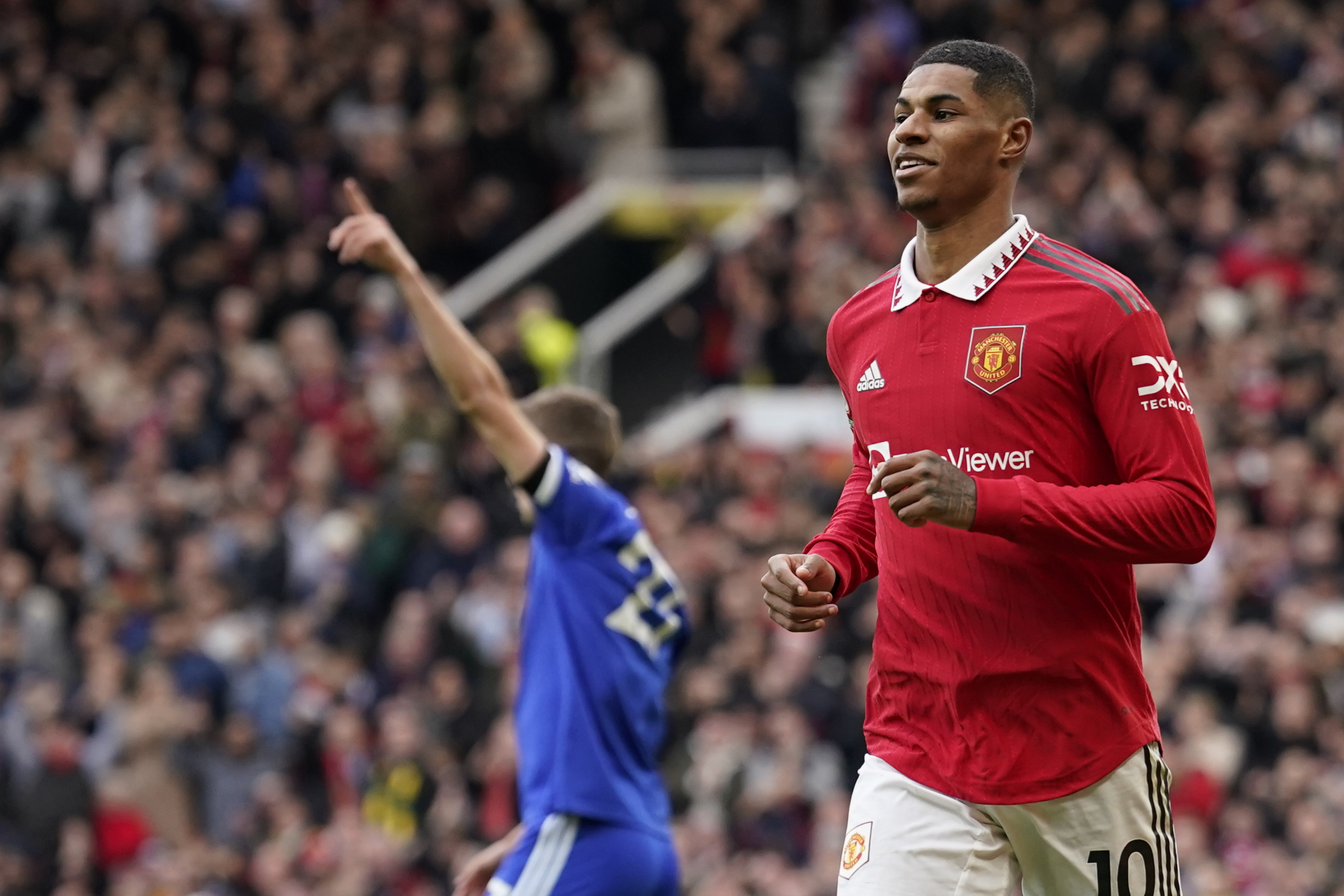The transporter ship carried the first 500 African Caribbean colonial citizens to Britain. Many were former servicemen and women who had contributed to the victory of Britain and her allies against Nazi Germany. In subsequent years, thousands of Caribbean people followed in the footsteps of the pioneers of the Empire Windrush. The children of the so-called ‘Windrush Generation’ (1948-71), many of them born in Britain, changed the face of football for good.
1. They were football’s first black trailblazers.

Caribbean-heritage players in the post-war years were trailblazers for Black footballers.
Although neither the first black professional player in England - the great Arthur Wharton (1865-1930) – nor the first to get called up for England - Jack Leslie – were from the Caribbean, those that were broke down barriers and established a platform for today’s black players.
While a few black players appeared for clubs in the early 1960s, it was not until the 1970s that black players became a more visible presence in the game. In April 1972, West Ham became the first top-flight club to field three black players: Clyde Best, Ade Coker and Clive Charles. Best was born in Bermuda, and Charles’ parents were from Grenada.
In 1978 Nottingham Forest’s Viv Anderson became the first black and Caribbean-heritage player to win an England cap when he played against Czechoslovakia at Wembley.
Ten years later, every one of the 12 founder members of the Football League had fielded a black player. The vast majority were of Caribbean heritage. Over the past 20 years, every English Champions League winner (Liverpool, Manchester United, Chelsea and Manchester City) has had Caribbean-heritage players in their teams.
2. They improved the technical ability of the British Game
Caribbean-heritage players contribute more than pace and skill to the British game. They also introduced new levels of technique and intelligent play.
Skill and trickery were a feature of the 1990s Aston Villa, Liverpool, and Glasgow Rangers winger Mark Walters, before Des Walker graced the top flight with skill and pace in the 1980s and 1990s.
Nottingham Forest fans sang the chant "You'll never beat Des Walker" in recognition of his defensive powers of recovery. Meanwhile, John Barnes was a marvel for Watford, Liverpool and England.
The winger was born in Jamaica and came to England aged 12 after his father began diplomatic work at the Jamaican High Commission in London. He was an incredibly technical player, playing in a variety of positions and capable of scoring almost every type of goal, whether it was a free-kick or a memorable goal against Brazil in the Maracana stadium in 1984.
Later in his career, he moved into midfield and controlled and dictated the play for Liverpool. He captained the side, won numerous titles, and was Footballer of the Year twice
Sadly, the technical ability of Caribbean-heritage players is not consistently recognised. A report published by RunRepeat, a Danish research firm, identifies how the football media often refer to players based on ethnicity.
It discovered that black players were more likely to be criticised for lack of football intelligence ("poor decision-making") than their white counterparts.
Equally, a study of the 2018 World Cup by Paul Campbell and Lous Bebb identified that black players were more likely to be praised for their physical prowess than other aspects of the game.
3. They confronted discrimination

Caribbean-heritage players confronted racism in the game and helped the Premier League lead on tackling racism, which has sadly been a feature of the modern game.
In addition to striving to be great professionals, black players have had to cope with the additional pressure of beating racists on the terraces, on the pitch, in the media and in the boardroom.
Since the 1970s, Caribbean-heritage players have adopted various strategies to confront racism. In the 1970s, 80s and 90s, the vast majority responded to the racism they faced by harnessing it as motivation to outperform the opposing team.
A few were vocal and outspoken about the racism they faced. In 1996, the former Newcastle and Trinidad and Tobago goalkeeper Shaka Hislop donated substantial money to help establish the charity, 'Show Racism the Red Card' after being racially abused by fans at a petrol station near Newcastle.
In more recent years, Chelsea and England forward Raheem Sterling earned praise for identifying racial bias in the media's reporting of black players and how stereotyping can legitimise racial abuse.
4. They broke records and barriers
Caribbean-heritage footballers have been the first to do several things in the English game.
The first black England women’s player was Kerry Davis, who is also from Caribbean heritage and represented the Lionesses from 1982 onwards, earning 82 caps and scoring 44 goals.
In 1993, Paul Ince became the first black captain of the men’s team, while in 1998, Hope Powell became the first black manager of England’s women’s team. The first player to break a major goalscoring record in the Premier League was the Crystal Palace and Arsenal legend, Ian Wright.
Wright scored 185 goals in 288 appearances for Arsenal from 1991-1998. He held the club’s record number of goals for seven years, but the brilliant French forward Thierry Henry eventually superseded him.
5. They have transcended football

Caribbean-heritage footballers have transcended the game by significantly contributing to the nation's social and political life. In addition to supporting football charities and contributing to social causes individually, arguably the most politically-influential footballer in Britain at the moment is Marcus Rashford.
During the middle of the Coronavirus pandemic in 2020, the Manchester United and England star ran a successful political campaign for free school meals for disadvantaged children.
Drawing on his experience of going hungry as a child, Rashford personalised his campaign, won over public opinion, and forced a government U-turn. He was awarded an MBE for his campaigning and has embarked on other social-justice initiatives.
6. They continue to diversify the game
Despite great strides being made, there are still battles to be won for all black players for the improvement of the game.
Although lots of former players gain coaching qualifications, there are only a handful of black managers in the professional game. Racism, while less noticeable than in the 1970s, remains an ugly feature, particularly online. However, there have been significant gains.
To underline its commitment to anti-racism, the Premier League supported the anti-racist gesture of players ‘taking the knee’ during the 2020-21 season and beyond. The following season, the former England women's international of Jamaican heritage, Alex Scott, became the first black person to anchor leading football programmes on the BBC and Sky.